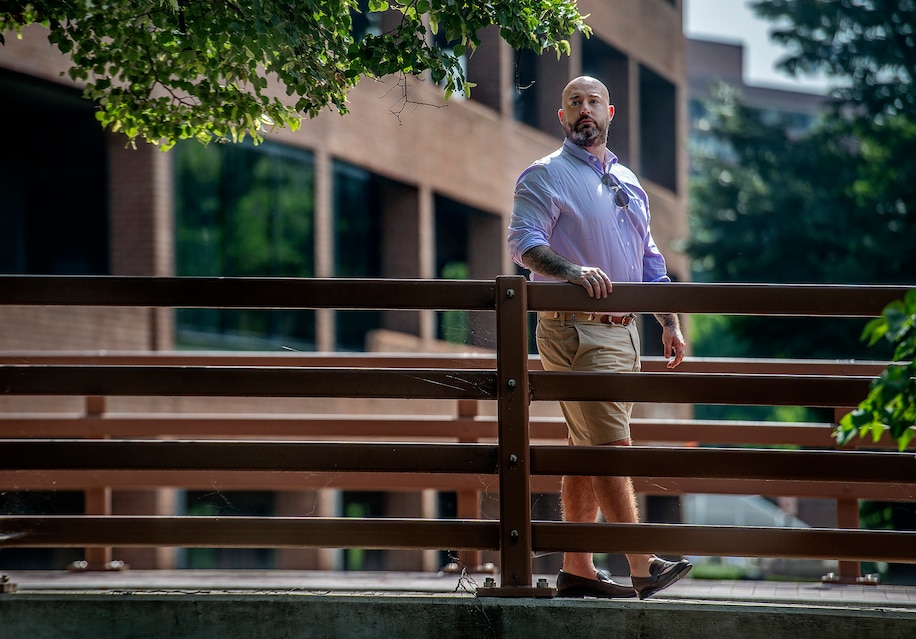In March 2021, Daniel Boice, CEO and founder of Trustify, was sentenced for his orchestration of a $18 million investment fraud scheme. Boice was sentenced to 97 months in jail followed by 3 years of supervised release. He was also ordered to pay $18.13 million in restitution and $3.7 million in forfeiture–sums that many have suggested he will never be able to repay.
Trustify, a company which Boice founded in 2015, was heralded as the “Uber of Private Investigators.” Boice claimed that he was inspired to start the company after his recent divorce and his vision was an Uber-style website and phone application that consumers could use to hire private investigators with the push of a button.
Boice raised more than $18 million from over 250 individual and corporate investors and in a very Uber-esque style, Trustify lost money. But more importantly, Boice was able to raise funds from investors by fabricating Trustify’s financial statements, severely inflating Trustify’s revenue and performance, lying about corporate business relationships, and even pretexting! According to a Department of Justice press release, Boice created a fake email account and posed as a prominent potential investor–subsequently emailing an investment firm and successfully convincing them to invest nearly $2 million in Trustify.
Boice diverted much of the company’s assets for his personal expenditures, including flying on private jets, expensive mortgages on two homes, jewelry, Caribbean vacations, and his own extravagant wedding to his second wife. Former employees allege in a lawsuit that he used $600,000 of company funds to make a never-completed documentary about himself and his then-wife. The total funds diverted to his personal expenditures is estimated by the Securities and Exchange Commission to be close to $8 million.
While Trustify did actually perform some legitimate business, its model was built on relatively low wages for private investigators and it struggled to find high-quality investigators willing to work for $30 per hour. This led, in part, to Trustify spending heavily on advertising. Critics pointed out that this was way under market value.
Additionally, if you can hire a private investigator with the push of a button, who is vetting the client? What if a sexual predator or stalker used the app to collect data on a potential victim? The many nuances, dangers, and risks involved in the private industry seemed to be brushed over by this Uber model. These were the challenges that Trustify struggled with.
Some experienced, veteran private investigators long suspected that Trustify didn’t have a functional business model and predicted its demise–but perhaps few realized just what a scam it actually was.
By November 2018, Boice stopped paying his employees and then promptly fired them all right before Thanksgiving. Already facing lawsuits and collection calls regarding unpaid rent and bills due, this final action set off warning bells for the rest of his investors and a series of lawsuits followed. A firm that invested over $6 million in Trustify argued that Boice “made Trustify ‘go dark,’ evading and outright ignoring…repeated requests for information.”
Even in the face of an imploding business and investor lawsuits, Boice penned an article published by Medium in Spring 2019 titled “Trust, but Verify”–perhaps serving as the pinnacle of his gaslighting delusion.
His own staff sued him for unpaid wages and alleged that he had spent $600,000 on a documentary about himself and his then wife. When he was court-ordered in court to pay his staff back and resign from Trustify, he moved to Florida, started calling himself Keith, and got a job with a medical software company which is now also suing him for fraud and theft.
Before he was finally arrested and charged with fraud, Boice claimed that he was the victim of a “seek and destroy mission conducted by a group of old white male one percenters and their silver spoon trust fund inheriting lackeys.”
Ultimately, the “Uber for Private Investigators” ended in disaster. It is pure irony that the founder an app for private investigators “on demand” should’ve been investigated himself–an irony that is perhaps most appreciated by Trustify’s investors.
Sentencing Boice to eight years in prison, Judge T.S. Elliss III said: “It would be difficult to describe the havoc you created by your fraudulent actions. It’s an egregious fraud.”
For his part, Boice said: “I accept full responsibility, I make no excuses, no justification, and I am truly, truly remorseful.”








